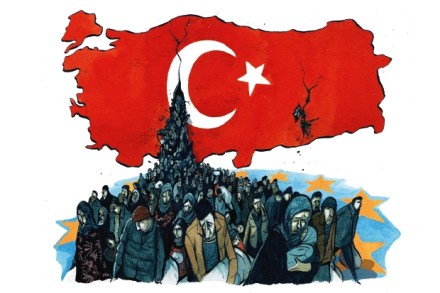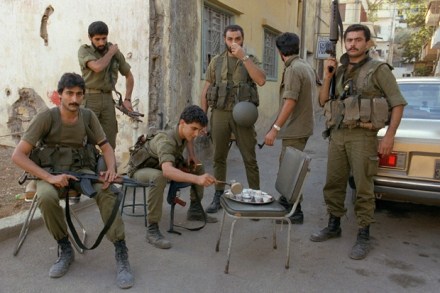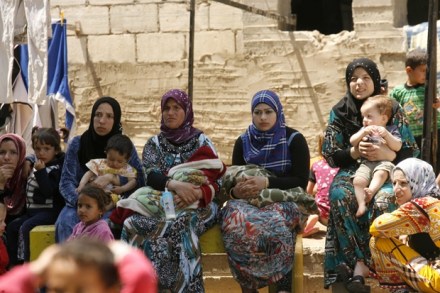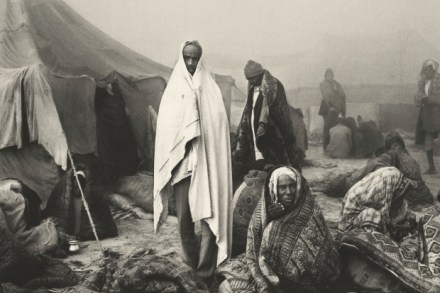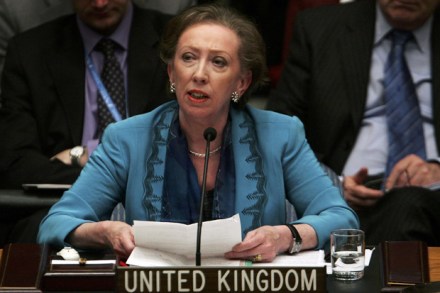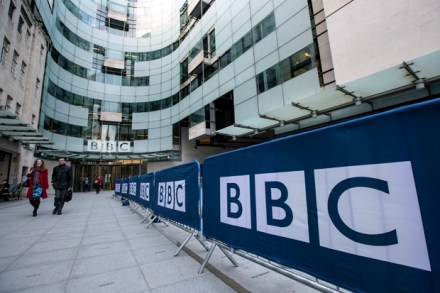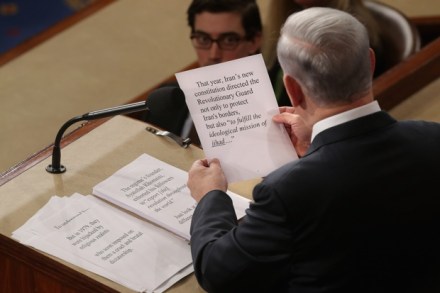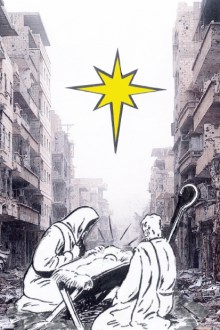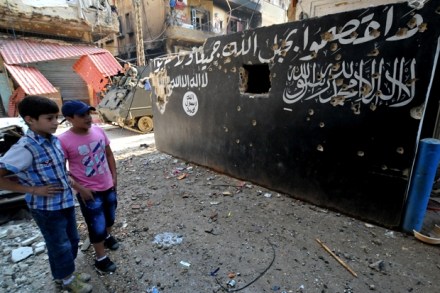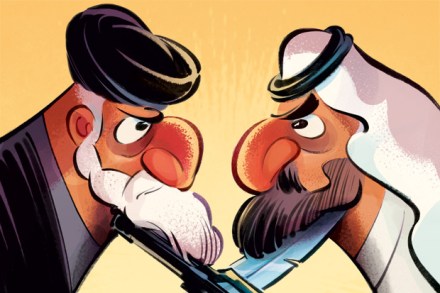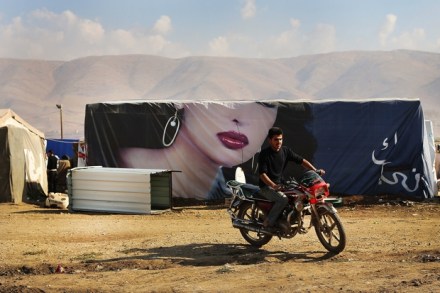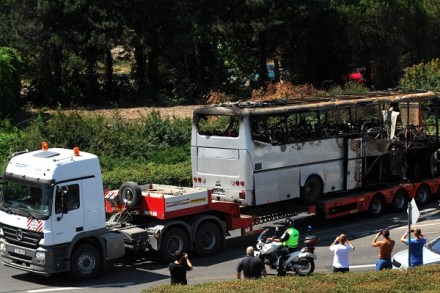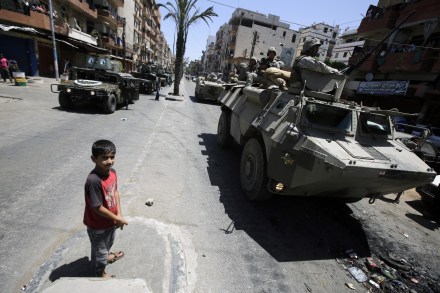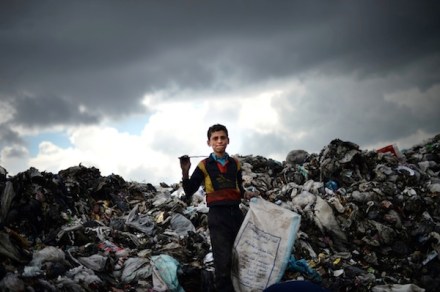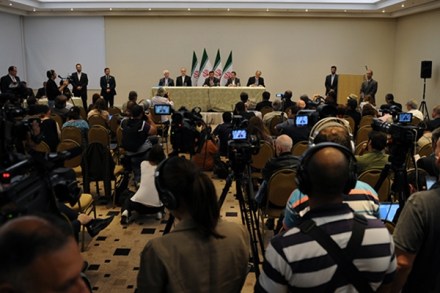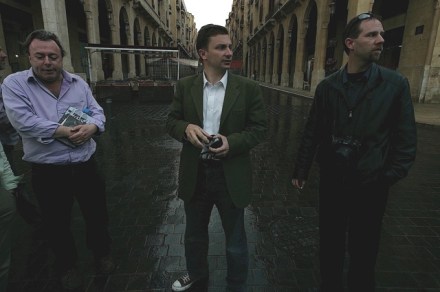Turkey can’t cope. Can we?
[audioplayer src=”http://rss.acast.com/viewfrom22/thenextrefugeecrisis/media.mp3″ title=”Laura Pitel and Migration Watch’s Alanna Thomas discuss the second migrant crisis”] Listen [/audioplayer]In Istanbul, signs of the Syrian influx are everywhere. Syrian mothers sit on pavements clutching babies wrapped in blankets; children from Homs, Syria’s most completely devastated city, push their way through packed tram carriages begging for coins. Arabic adverts offer rooms for rent. It’s almost inconceivable how many Syrians Turkey has taken in as refugees — around 2.5 million of them so far. That’s almost three times the number who have sought refuge in Europe. And while the Turks are hospitable, Turkey has more than any country should bear. Yet still more refugees arrive. This
